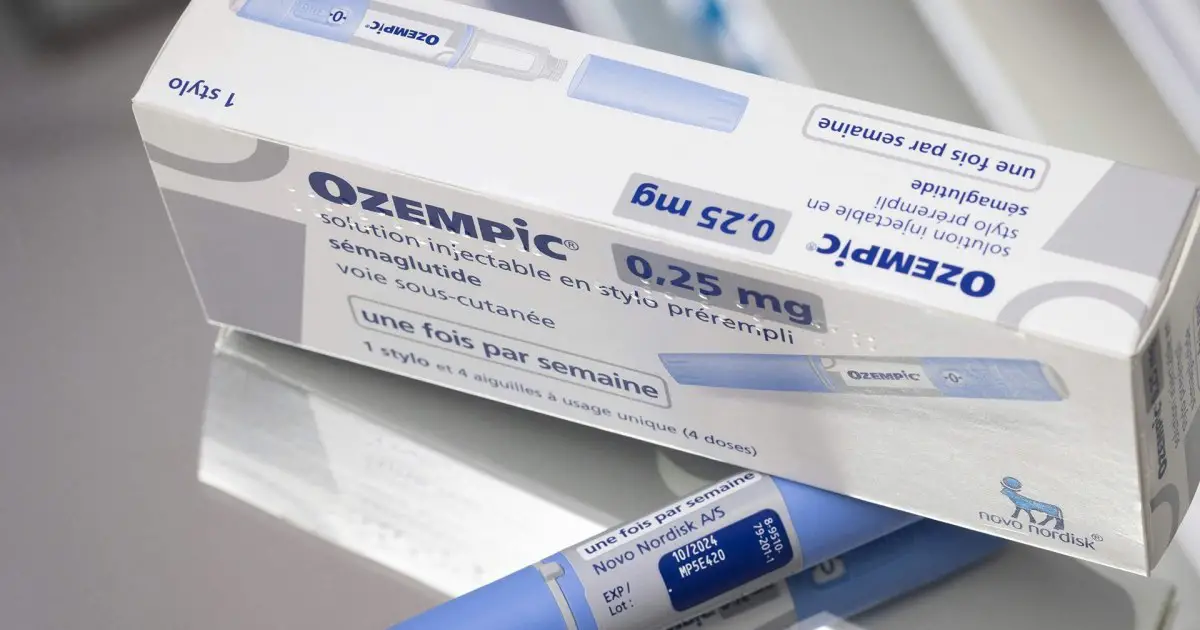[ad_1]
Rosalie Wilkins, Lady Wilkins, who has died aged 78, was the co-creator and presenter of the first regular television programme on disabled people’s lives in the UK. She was also a disability activist, documentary maker and Labour peer.
Link, made with Richard Creasey (then programme controller for ATV), was the UK’s first TV programme both for and made by disabled people. Beginning in 1975 as a monthly programme in the Birmingham area, it moved to ITV and soon became a fortnightly programme broadcast nationwide. It gave a voice to the emerging disability movement, challenged contemporary attitudes to disability, and demonstrated good practice and innovative approaches to the full spectrum of disability.
Rosalie, a wheelchair user since an accident in 1966, went on to research and present a number of documentaries, including We Won’t Go Away (1981, ITV), about the American disability civil rights movement. She also helped shape, and presented, BBC Two’s Circling the Dragon (1994), about Deng Pufang, the son of China’s leader Deng Xiaoping, who became a wheelchair user after being thrown out of a window during the Cultural Revolution.
In 1999, Rosalie was made a life peer, and joined the Labour benches in the House of Lords. Her maiden speech focused on the lack of opportunities for young disabled people. She spoke of the origins of what is now the international Independent Living Movement, and the opportunities that were being created by disabled people themselves to have choice and control in their lives. “Independence,” she said, “is not about doing everything for yourself, but having control over how the help you need is provided.”
Born in Chesham Bois, Buckinghamshire, Rosalie was the youngest of four children of Marjorie (nee Hockey) and Eric Wilkins, a chartered accountant and member of the court of common council in the City of London.
She went to Dr Challoner’s high school, Amersham, Buckinghamshire, and St Helen’s school, Northwood, then in Middlesex, before going to Manchester University to study sociology and government.
However, in her second term, with the collapse of a wooden structure on a float at the university’s rag day, 19-year-old Rosalie experienced a fall that shaped the rest of her life. Becoming paralysed from the shoulders down, she said, “gave me choices in life that I would not have had otherwise”.
She was transferred to the spinal injuries centre at Stoke Mandeville hospital, Buckinghamshire, which, under its director, Dr Ludwig Guttman, pioneered radical changes to the treatment of spinal cord injury and expectations of the lives disabled people should aspire to. Rosalie would go on to make her own contribution to the struggle against disabling attitudes and lack of opportunities.
Six months after her accident, she returned to university, graduating in 1969. She moved to London to take up a series of administrative jobs, including as PA to the director of the Central Council for the Disabled (1971-74), while living in a hotel whose lift she barely fitted into in her wheelchair and where she cooked her meals using a small stove at knee height in her room.
During this time she presented an ITV World in Action programme about a village in the Netherlands, Het Dorp (1972), where disabled people could live independently – not an option available to most disabled people in Britain at the time.
Following settlement of a compensation claim for her accident, she rented a one-bedroom flat in the Barbican, a rare provider of wheelchair-accessible homes, and an estate that Rosalie’s father, as chair of the public health committee for the City of London Corporation, had played a key role in developing in the 50s. It took another four years before she found the house in Fulham, south-west London, where she would live for the rest of her life.
The lack of accessible housing became and remained an issue that Rosalie campaigned on, and was the subject of her last speech in the Lords before retirement in 2015. She spoke of the “catastrophic” impact that lack of suitable housing has on disabled people’s lives, and the shortsightedness of the then Conservative government’s weakening of accessible housing standards.
In 1974, she began work as publications officer for the newly established National Volunteer Centre, but after six months resigned from this with other colleagues in protest at the organisation’s dismissal of the colleague who became her life partner, Maria Brenton. Later that year, she joined Mind, the mental health charity, as information officer.
Rosalie worked as a regular presenter of Link until 1988, before going freelance as a documentary maker and presenter. Prior to taking up her seat in the Lords, she was information officer for the National Centre for Independent Living (1997-99). As well as being involved in many disability campaigns over the years, she served in a range of public appointments, including on the BBC general advisory council in the 70s, and on the Prince of Wales advisory group on disability in the 80s. Latterly, she was president of the College of Occupational Therapists (2003-08), and vice-chair of both the all-party parliamentary group on disability (2004-15), and the all-party parliamentary group on deafness (2005-15).
She was also one of a group of female members of the Spinal Injuries Association (SIA) who together wrote Able Lives: Women’s Experience of Paralysis (1989), which I edited.
As well as her achievements in the public sphere, Rosalie had a gift for enduring friendships. She said that what she was most proud of in life was her 50-year relationship with Maria, with whom she formed a civil partnership in 2006 and who survives her.
[ad_2]
Source link





